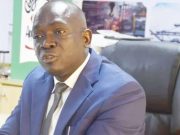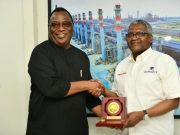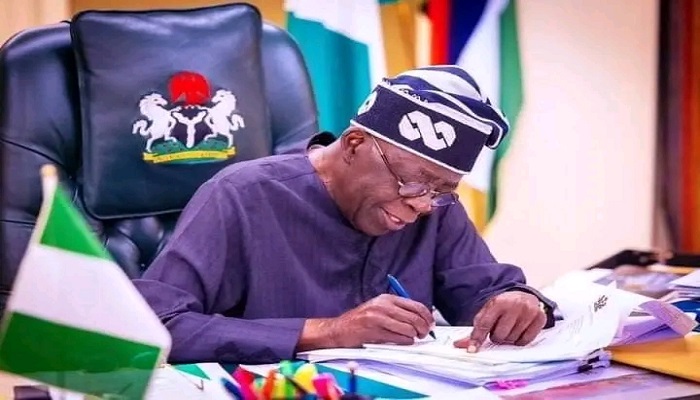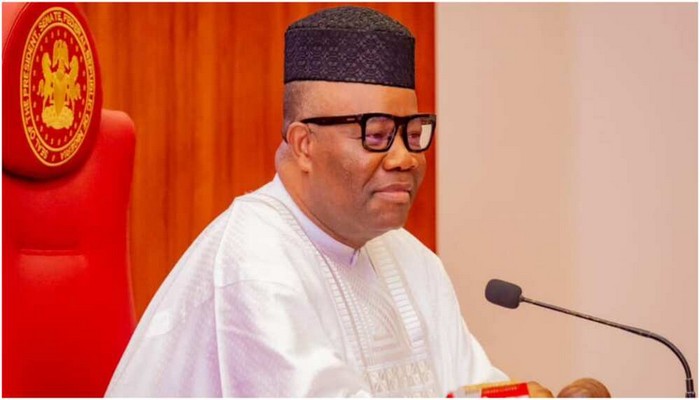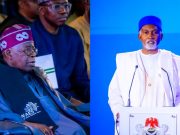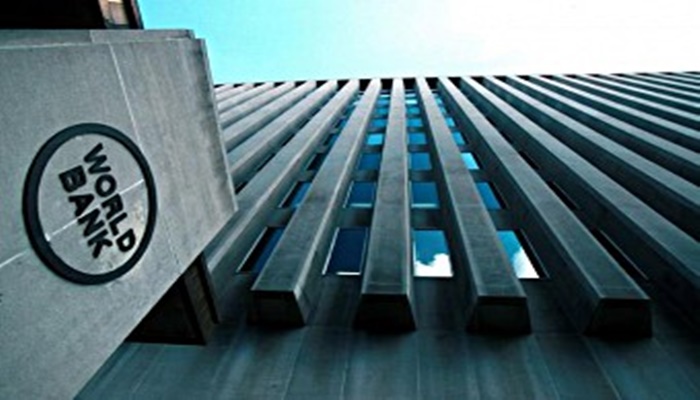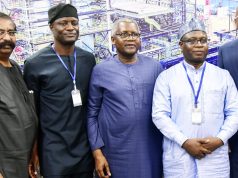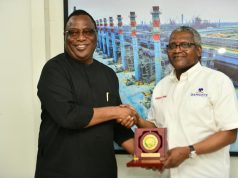Nigeria can build on the oil-driven economic recovery anticipated for it in 2017 by strengthening its macroeconomic policy framework and implementing the structural reforms needed to diversify the economy and break out of a boom and bust cycle, according to the World Bank’s newly-released Bi-annual Economic Update.
In 2016, Nigeria experienced its first full-year of recession in 25 years. Global oil prices reached a 13-year low and oil production was crushed by vandalism and militant attacks in the Niger Delta, resulting in the severe contraction of oil GDP.
Although the oil sector represented only 8.4 percent of GDP in 2016, lower foreign exchange earnings from oil exports had spill over effects on non-oil sectors (industry and services) dependent on imports of inputs and raw materials, and overall real GDP contracted by 1.5 percent.
Growth is forecast to return into positive territory in 2017, largely on the back of recovery in the oil sector as the government intensifies efforts to restore peace and stability in the Niger Delta, improve its Joint Venture (JV) relationships with international oil companies, and while strong growth in the agricultural sector continues.
However, according to the World Bank report, given the risks associated with the oil sector, recovery is fraught with a high degree of fragility and risks; notably from future shocks to the oil price or further unrest in the Niger Delta, which is not yet fully stabilized, as well as from the incomplete implementation of new JV cash call arrangements.
On the upside, as the update highlights, the Nigerian government has recently launched an Economic Recovery and Growth Plan (ERGP) for 2017–2020 that contains critical reforms aimed at diversifying the economy to set it on a path toward sustained and inclusive growth over the medium- to long-term.
“The ERGP, if implemented successfully, would lead to expanded transportation infrastructure, the increased reliability of supply of power by restoring financial viability to the power sector, an improved business environment, improved educational attainment, strengthened public institutions, and improved transparency and anti-corruption,” said Rachid Benmessaoud, Country Director for Nigeria.
The economic update also contains a special chapter which summarizes the findings of a forthcoming World Bank Report, Toward Sustainable Growth in Nigeria: Empirical Analysis and Policy Options. This chapter highlights the fact that, over the last four decades, Nigeria’s GDP growth rate has failed to keep pace with those of more developed economies, an experience common among commodity exporters.
Oil, it said, has continued to dominate its growth pattern but the volatility of oil-dependent growth imposes welfare costs, which impede progress in social and economic development, as was very clear over the last year.
A cross-country analysis of the determinants of growth carried out for the report underscores the importance of sound macroeconomic management and stability for growth, while confirming that inflation, government consumption, and currency misalignment (overvaluation) are negatively correlated with growth.
Oil and other natural resource rents can have a positive impact on growth when public institutions and governance are strong. Investment in education is also found to be a determinant, one particularly important in Nigeria to increase factor mobility from less productive to more productive sectors. An analysis of the constraints to doing business and the impact of current trade policies highlights the need to improve access to finance, improve the reliability of power supply, and adjust trade policies to promote productivity growth.


